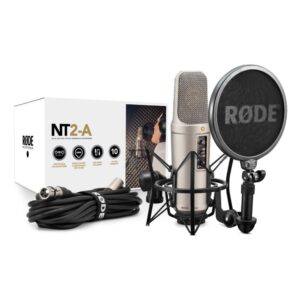What is the Best Age to Start Singing Lessons?
One of the most common questions I receive is: “What is the best age to start singing lessons?” The answer isn’t as straightforward as one might think, as it depends on various factors including physical development, emotional maturity, and individual goals.
Ultimately, as with any skill, it is always easiest to acquire it earlier in life. This is down to brain and body plasticity, but also down to having more time and energy to devote to new skills. Nevertheless, here’s a broad-brush view of what I generally do with people at different ages in sessions:
Early Childhood (Ages 5–9)
Children in this age group are highly receptive to musical concepts. At this stage, lessons focus on:
- Developing a love for music and singing
- Basic pitch recognition and rhythm
- Lay down basic vocal technicality
- Fun and engaging musical activities
It’s essential to ensure that the child is interested and enjoys the process. Forcing lessons at this stage can lead to resistance and burnout.
Pre-Adolescence (Ages 10–12)
As children grow, their ability to focus and understand abstract concepts improves. This is an excellent time to introduce more structured lessons that include:
- Introduction to vocal techniques
- Understanding vocal registers
- Developing musicality and expression
It’s also a period where children can start to explore different musical styles and genres to find what resonates with them.
Adolescence (Ages 13–18)
During adolescence, the body undergoes significant changes, including the voice. It’s crucial to adapt lessons to accommodate:
- Voice changes due to puberty
- Building vocal strength and stamina
- Performance skills and stage presence
Proper guidance during this period ensures that the voice develops healthily and sustainably.
Adulthood (Ages 18+)
Again, it’s never too late to start singing lessons. Adults bring a wealth of life experience and emotional depth to their singing. Lessons for adults often focus on:
- Developing extended range with the final post-puberty voice
- Expanding vocal flexibility
- Interpretation and emotional expression
- Preparing for performances or personal enjoyment
With dedication and practice, adults can achieve significant progress and fulfillment in their singing journey.
As we get older, other things become important too, and this is covered in my article “The Journey of the Voice: What happens in each decade”.
Conclusion
In summary, the best age to start singing lessons varies for each individual. The key is to ensure that the lessons are tailored to the student’s age, development, and personal goals. Whatever age you are, with the right approach and mindset, anyone can embark on a rewarding singing journey.

